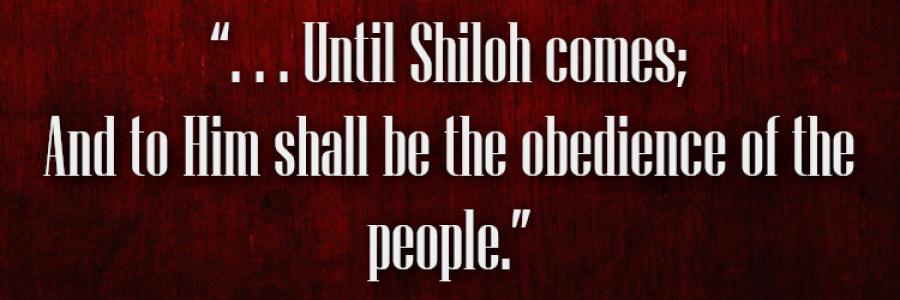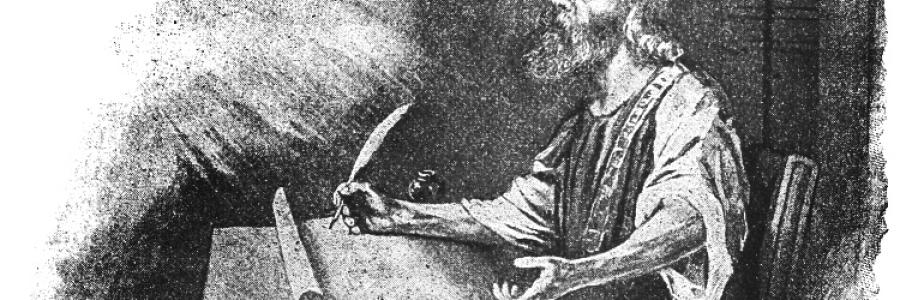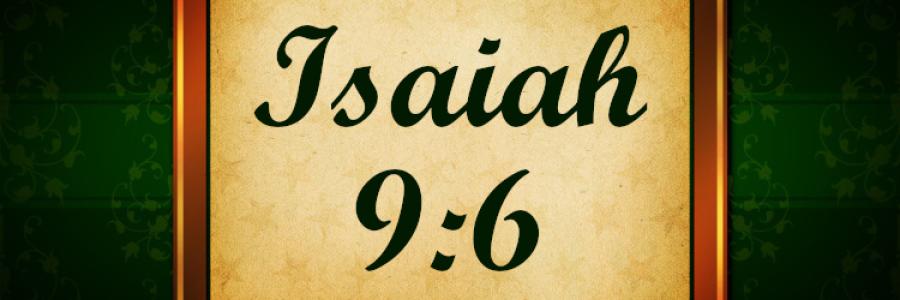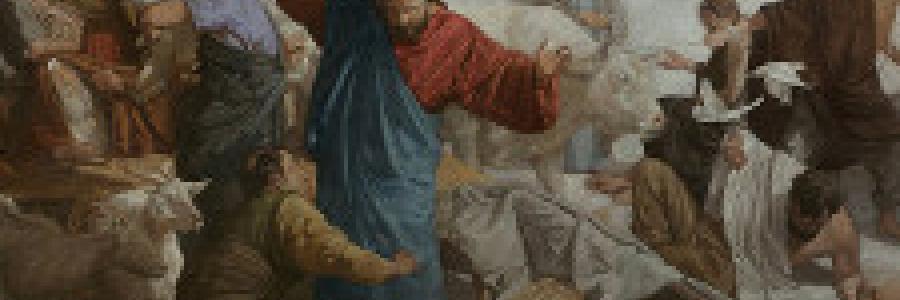4 Reasons the “Servant” Predicted in Isaiah 49 Has to Be Jesus
Body
“Isaiah 49:3 reveals who Yahweh is speaking to: “My Servant, Israel.” Although several biblical excerpts identify God’s servant as the nation Israel … the servant of Yahweh in Isaiah 49 must be an individual” - Word by Word
Discussion
Some Little-Known Prophecies of Christmas: Part 3 – Genesis 17:19
Read Part 2.
The Messiah was a descendant of Abraham.
More than that, we considered last time how He was, in fact, promised within the covenant that God made with Abram (Gen. 12:1-3). According to the Apostle Paul in Gal. 3:16 and 19, He is the ultimate recipient of that covenant!
Discussion
Hail the Sun of Righteousness! Explaining a Misunderstood Lyric
Body
“Hail the heaven-born Prince of Peace! Hail the Sun of Righteousness! …there was no misprint.” - Dan Wells
Discussion
Some Little-Known Prophecies of Christmas: Part 2 – Genesis 12:7
Last time, we saw how the very first promise of the Messiah proclaimed Him to be the “Seed” of the woman (Gen. 3:15). But before we can go any further into understanding the characteristics of this coming Savior, we certainly must realize that He was also to be the “Seed” of “Abraham” (Gal. 3:16).
Discussion
Some Little-Known Prophecies of Christmas: Part 1 – Genesis 3:15
It was certainly one of the most momentous days in the history of the Earth.
It began like every day before it had—every day they had known since “the beginning” (Gen. 1:1). It began in holiness—in perfection.
But, soon enough, they faced something they had not encountered before—something for which they did not even have a category. We know it as temptation.
Discussion
Book Summary of Jesus the Dayspring: The Sunrise and the Visitation of Israel’s Messiah
Sheffield Phoenix New Testament Monographs, 43, 2021, 204 pp.
By David H. Wenkel, PhD
Messianic expectations in the first century were varied, but rarely did they include a figure associated with the sunrise or the direction of the east. However, in Luke’s gospel (1:78) the prophetic song (the ‘Benedictus’) of the priest Zechariah, father of John the Baptist, includes a title for Jesus that means the “dayspring,” “dawn,” or “rising sun” (“the sunrise shall visit us from on high” ESV).
Discussion
Isaiah 9:6-7, the Hebrew Text & the Ancient Versions
Reprinted with permission from As I See It, which is available free by writing to the editor at dkutilek@juno.com.
Discussion
Temple Tantrum?
Spring cleaning finds its origins in the Jewish community, preparing ones home for Passover by removing even infinitesimal dust that might contain leaven. During the Passover season nearly 2,000 years ago, Jesus decided to clean house, too. The house was his Father’s house, the Temple.
This event is known as the “Second Cleansing of the Temple,” and we are looking at the account of it recorded in Mark 11:15-19. The first cleansing occurred three years earlier and recorded in John 3:13-22.
Yeshua didn’t clean with detergent, kitchen cleanser, or disinfectant. This was to be a different kind of cleaning, an attempted spiritual cleansing from the grunges of corruption and snobbery.









Discussion